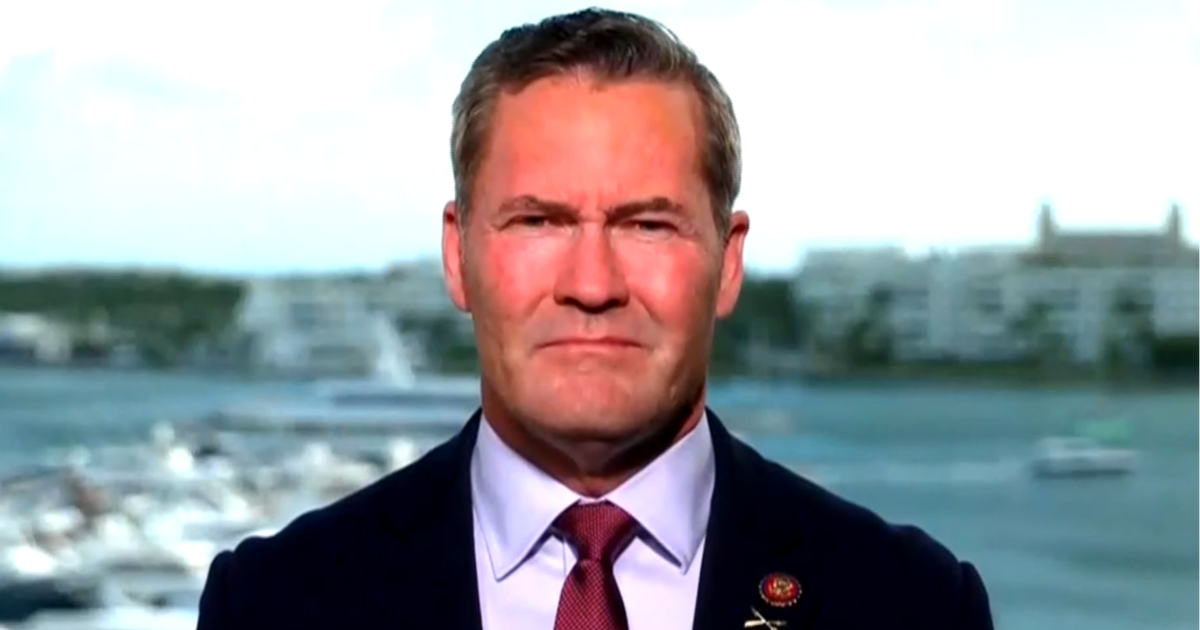Top Democrat on House Armed Services says Trump "legitimately torn" on Iran response
Washington Rep. Adam Smith, the Democratic chairman of the House Armed Services Committee, said he was not surprised when President Trump made the last-minute decision on Thursday to abort a limited military strike against Iran.
"Based on the conversation we had, it was very clear the president was legitimately torn as to what the correct approach was in response," Smith said on "Face the Nation" Sunday. "So, it doesn't surprise me that he made a last second decision."
On Thursday, the president ordered the U.S. military to conduct a limited strike against Iran to retaliate for the downing of a Navy surveillance drone in the Persian Gulf region, but then called off the operation just an hour before it was to begin. The president's change of course avoided what would have been the most significant escalation of hostilities between Washington and Tehran in decades.
There was every indication the U.S. was about to launch a limited strike against Iranian surface-to-air missile sites on Thursday evening, but the military stood down at the 11th hour.
Smith, who was one of the congressional leaders the president briefed at the White House hours before the strike was called off, said the drone downing was a "small piece" of a larger picture. He said mounting tensions with Iran during Mr. Trump's tenure are the direct result of an incoherent foreign policy strategy pushed by the White House.
The Washington Democrat said it's clear to him the White House is split between those like national security adviser John Bolton who are advocating for a more confrontational approach and other who are prioritizing dialogue. Some officials at the Pentagon, he added, are also add odds with the president's strategy — or lack thereof.
"Depending on who you talk to, there's a different policy," Smith said, referring to administration officials.
"What is the policy? What are we trying to accomplish?" he added.
The strained relationship between Iran and the U.S. had entered a détente of sorts under the Obama administration, which allied with European countries to broker a landmark deal with Iran to reduce its medium-enriched uranium stockpile in exchange for the lifting of economic sanctions, but it has worsened since Mr. Trump took office.
Although America's European allies are still abiding by it, Mr. Trump withdrew the U.S. from the agreement, dubbed the "Iran nuclear deal," in May 2018, deriding it as a one-sided deal. He has also imposed crippling sanctions on Iran.
Smith said he had known the economic penalties would only prompt Iran to breach the parameters set forth by the deal. Tehran has already warned it will breach the limit on its stockpile of enriched uranium next Thursday, unless global powers find a way to keep the deal in place by continuing to do business with the Islamic Republic.
"So we do this maximum pressure campaign to cripple the Iranian economy to back them into a corner where our own intelligence people told us this is what Iran would do," he added. "And yet even though we knew they were going to do it, we didn't know how to respond. And it's not getting them to the negotiating table. They're not there."




